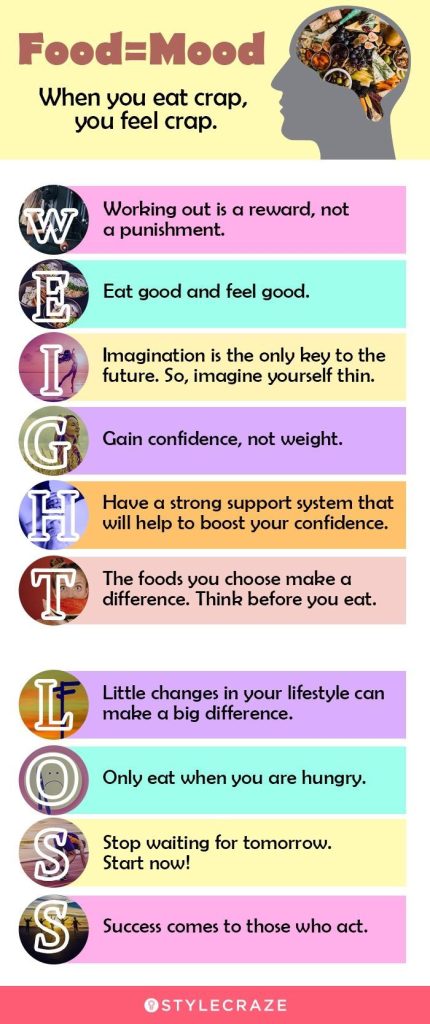
What is Weight loss?
Weight loss refers to the reduction of total body mass due to a decrease in body fluid, muscle mass, or body fat. It typically occurs intentionally through efforts to improve fitness and health, often by balancing caloric intake with physical activity, but can also occur unintentionally due to underlying medical conditions.
Weight loss is a common goal for many individuals, particularly in societies where overweight and obesity are prevalent issues. The process involves creating a calorie deficit, where energy expenditure exceeds energy intake. This can be achieved through various methods, including dietary changes, increased physical activity, and behavioral modifications.
Sustainable weight loss emphasizes gradual and steady progress rather than rapid, drastic changes. Personalized approaches that align with individual preferences, lifestyles, and health conditions tend to be more effective and sustainable. The key components of successful weight loss include setting realistic goals, maintaining a nutritious diet, engaging in regular physical activity, and making long-term lifestyle changes.
Despite numerous available strategies and significant financial investments in weight-loss products and programs, maintaining weight loss remains a challenge for many. Genetic, behavioral, and environmental factors all play roles in the difficulty of losing and keeping off excess weight. Public health strategies and supportive environments are crucial in helping individuals achieve and maintain a healthy weight.
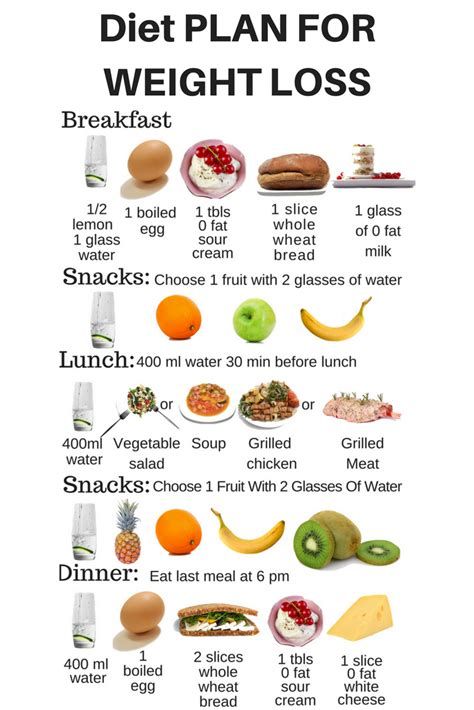
What is the Weight loss Best Diet Plan For Men And Women ?
Best Diet Plan for Weight Loss – Men and Women
Caloric Deficit: The foundation of weight loss is creating a calorie deficit, where the energy expenditure exceeds caloric intake. This can be achieved through dietary changes and increased physical activity.
Sustainable Practices: Gradual, steady weight loss is more sustainable than rapid, drastic changes. Personalized approaches that align with individual preferences and lifestyles tend to be more effective.
Genetic and Environmental Factors: Maintaining weight loss can be challenging due to various genetic, behavioral, and environmental influences. Supportive environments and public health strategies are crucial for success.
General Guidelines:
- Avoid Processed Foods: Focus on whole foods for a healthier start.
- Limit Carbohydrates: Foods like potatoes, rice, and sweets contribute to weight gain.
- Balanced Diet: Combine physical activity with a nutritious diet.
Indian Diet Plan for Weight Loss for Men
1. Plant-Based Diet:
- Whole Food, Plant-Based (WFPB):Emphasizes whole foods like eggs, chicken, fish, cheese, and yogurt. Benefits include high fiber intake and heart disease prevention.
- Benefits: High in fiber, helps prevent heart disease.
2. Low-Carb Diet:
- Target: Focuses on reducing visceral fat by consuming.
- Foods: Vegetables, meat, eggs, fruits, and nuts.
3. High Protein Diet:
- Satiety: Keeps you full for longer.
- Foods: Fish, chicken, lentils, eggs, tofu.
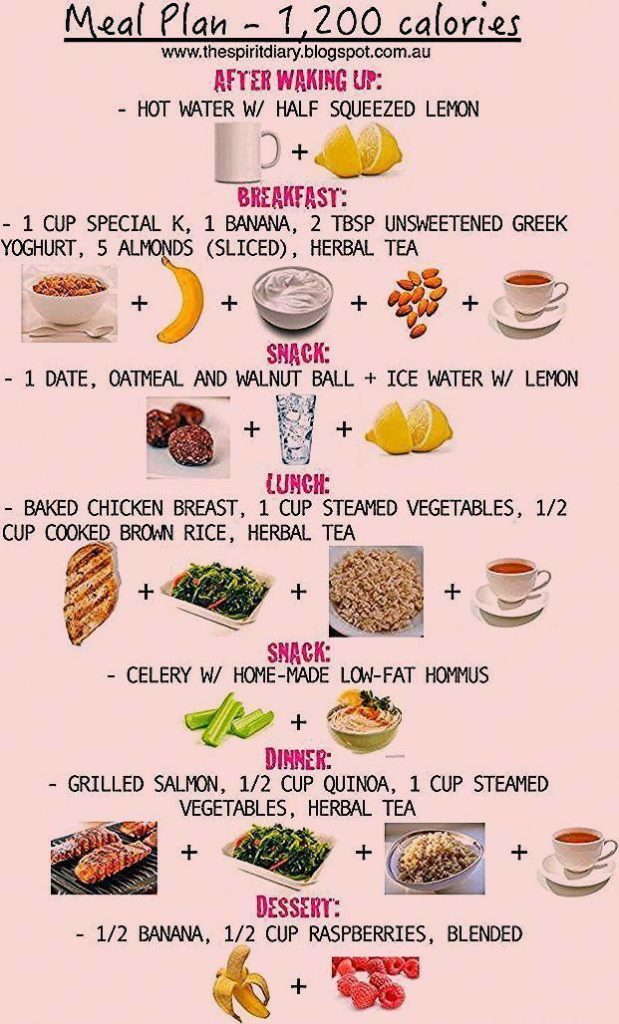
Indian Diet Plan for Weight Loss for Women
1. Mediterranean Diet:
- Components: Fruits, vegetables, nuts, whole grains, olive oil.
- Restrictions: No processed foods, sweet beverages, refined grains, red meat.
2. Low-Carb Diet:
- Benefits: Improves hormone levels and menstrual regularity.
- Foods: Eggs, fish, non-starchy vegetables, fruits, nuts.
3. DASH (Dietary Approaches to Stop Hypertension) Diet:
- Purpose: Lowers blood pressure, reduces obesity.
- Foods: Vegetables, whole grains, fruits, low salt, and sugar.
Weight Loss Diet Plan Chart – Day Wise
Day 1: Fruits Only:
- Meals: Apples, muskmelon, watermelon, oranges, papaya.
- Hydration: 8-12 glasses of water.
Day 2: Vegetables Only:
- Meals: Boiled potatoes, cucumber, lettuce, spinach, carrots, broccoli.
- Cooking: Avoid oil; use olive oil or butter if needed.
Day 3: Fruits and Vegetables:
- Meals: Muskmelon, pineapple, lettuce, cucumber, carrots, broccoli.
- Restrictions: No bananas or potatoes.
Day 4: Bananas and Milk:
- Meals: 8 bananas, milk or milkshake with cocoa powder.
Day 5: Protein and Tomatoes:
- Meals: Brown rice, lean protein (fish or chicken), tomatoes.
- Vegetarians: Focus on brown rice.
Day 6: Protein, Vegetables, and Brown Rice:
- Meals: Brown rice, assorted vegetables, tomatoes.
- Non-Vegetarians: 500g skinless chicken.
Day 7: Brown Rice, Vegetables, and Fruit Juice:
- Meals: Brown rice, boiled vegetables, fruit juice (sugarless).
Tips for Successful Weight Loss
- Flexibility: Include a variety of foods from all major food groups. Allow occasional treats.
- Balance: Ensure the right amount of nutrients and calories. Avoid severe calorie restrictions.
- Likeability: Choose foods you enjoy and can eat for life.
- Activity: Incorporate physical activity to boost weight loss and maintain muscle mass.
Types of Diets
| Diet Type | Flexible | Nutritionally Balanced | Sustainable for Long Term |
|---|---|---|---|
| Balanced (DASH, Mediterranean) | Yes | Yes | Yes |
| High Protein (Dukan, Paleo) | No | Possible Deficiencies | Possibly |
| Low Carb (Atkins, South Beach) | No | Possible Deficiencies | Possibly |
| Low Fat (Ornish) | No | Yes | Possibly |
| Meal Replacement (SlimFast) | No | Possible Balance | Possibly |
| Very Low Calorie (Optifast) | No | No | No |
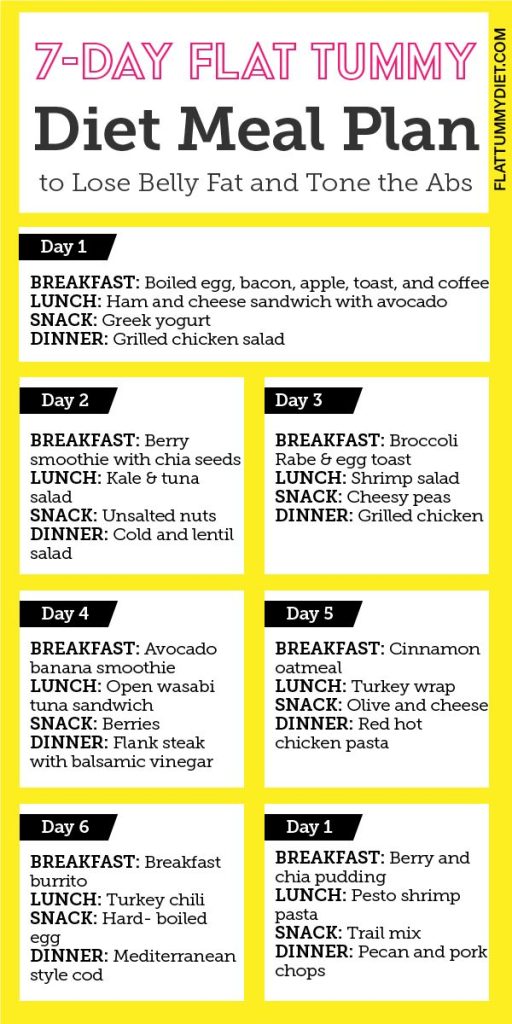
How Long Does It Take to Lose Weight?
Weight loss is a multifaceted process influenced by various factors, and the timeframe for achieving weight loss goals can vary significantly from person to person. Here are some key considerations and guidelines for understanding how long it might take to lose weight:
Factors Affecting Weight Loss
- Starting Point:
- Current Weight: Individuals with a higher starting weight may experience faster initial weight loss compared to those closer to their ideal weight.
- Fitness Level: Those who are less fit might see quicker improvements initially.
- Age and Gender:
- Age: Metabolism tends to slow down with age, making weight loss more challenging.
- Gender: Men generally have more muscle mass, which can result in a higher metabolic rate and potentially faster weight loss compared to women.
- Diet and Caloric Intake:
- Caloric Deficit: Weight loss occurs when you consume fewer calories than you expend. A safe and sustainable caloric deficit is usually 500-1,000 calories per day, leading to a weight loss of about 1-2 pounds per week.
- Nutritional Quality: A balanced diet rich in nutrients supports overall health and weight loss efforts.
- Exercise Routine:
- Frequency and Duration: Consistent physical activity is crucial. While short workouts can be beneficial, incorporating longer cardiovascular sessions is often necessary for significant weight loss.
- Type of Exercise: A mix of cardiovascular exercises, strength training, and flexibility workouts can optimize weight loss and improve fitness levels.
Realistic Weight Loss Rate
- Healthy Rate: The Centers for Disease Control and Prevention (CDC) suggests that a safe and sustainable weight loss rate is 1-2 pounds per week. This means that, on average, it might take around 5-10 weeks to lose 10 pounds.
- Individual Variations: Some people may experience faster or slower progress based on their unique circumstances, such as metabolic rate, hormonal balance, and adherence to their weight loss plan.
Setting Goals and Expectations
- Short-Term Goals: Aim for small, achievable milestones, such as losing 5 pounds in a month.
- Long-Term Goals: Consider your overall health and wellness rather than focusing solely on the scale. Improving fitness, gaining muscle, and enhancing your diet can have lasting benefits.
Tips for Effective Weight Loss
- Consistency: Stick to a regular exercise schedule and balanced diet.
- Variety: Include different types of workouts to keep your routine interesting and engage different muscle groups.
- Hydration: Drink plenty of water to support metabolism and overall health.
- Sleep: Ensure adequate rest, as sleep is crucial for recovery and maintaining a healthy metabolism.
- Support: Seek support from friends, family, or a fitness community to stay motivated.
Who should lose weight and why?
Losing weight is particularly important for individuals who are overweight or obese. Here’s a detailed look at who should consider losing weight and the reasons why it is beneficial:
Who Should Lose Weight?
- Individuals with a Body Mass Index (BMI) of 25 or Higher:
- Overweight: A BMI between 25 and 29.9
- Obese: A BMI of 30 or higher
- People with Excess Abdominal Fat:
- Waist circumference greater than 40 inches (102 cm) for men and greater than 35 inches (88 cm) for women indicates higher risk.
- Individuals with Weight-Related Health Conditions:
- Hypertension: High blood pressure
- Dyslipidemia: High levels of LDL cholesterol, low levels of HDL cholesterol, or high levels of triglycerides
- Type 2 Diabetes: Elevated blood sugar levels due to insulin resistance
- Sleep Apnea: Interrupted breathing during sleep
- Osteoarthritis: Joint pain due to excess weight putting strain on joints
- Those at Risk of Developing Weight-Related Health Conditions:
- Family history of heart disease, stroke, diabetes, or other obesity-related conditions
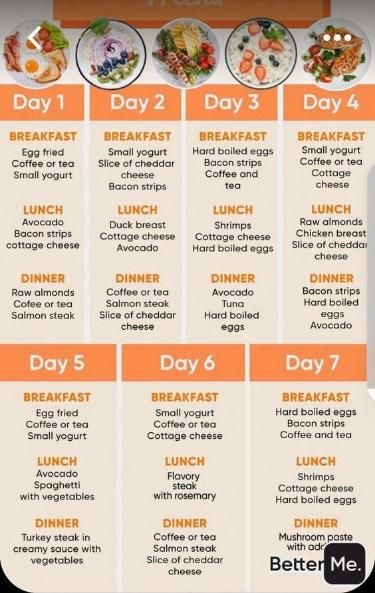
Why Losing Weight is Important?
- Reduced Risk of Heart Disease and Stroke:
- Strain on the Heart: Excess weight increases the workload on the heart, leading to higher risk of cardiovascular issues.
- Blood Pressure: Losing weight can lower high blood pressure, reducing the strain on arteries and heart.
- Improved Cholesterol Levels:
- Dyslipidemia: Weight loss helps improve cholesterol levels, decreasing LDL (bad cholesterol) and triglycerides while increasing HDL (good cholesterol).
- Lower Risk of Diabetes:
- Insulin Sensitivity: Weight loss improves insulin sensitivity, reducing the risk of developing type 2 diabetes or managing existing diabetes better.
- Reduced Inflammation:
- Chronic Inflammation: Excess weight is linked to chronic low-grade inflammation, which can damage blood vessels and organs. Weight loss helps reduce inflammation levels.
- Improved Mobility and Joint Health:
- Osteoarthritis: Reducing weight can decrease the pressure on joints, alleviating pain and improving mobility.
- Enhanced Sleep Quality:
- Sleep Apnea: Weight loss can reduce the severity of sleep apnea, leading to better sleep quality and overall health.
- Overall Health and Longevity:
- Quality of Life: Losing weight can lead to increased energy levels, improved mood, and better overall physical health.
- Life Expectancy: Maintaining a healthy weight is associated with a longer lifespan and reduced risk of many chronic diseases.
Why You Should Lose Weight Before Surgery?
Importance of Losing Weight Before Surgery
If you are obese, losing weight can significantly impact your overall health and well-being. Here’s why weight loss is particularly crucial before undergoing surgery:
Health Benefits of Weight Loss
- Joint Pain Reduction: Excess weight puts strain on joints, causing pain and discomfort. Weight loss can alleviate this strain and reduce joint pain.
- Improved Sleep Quality: Obesity is often linked to sleep disorders such as sleep apnea. Losing weight can improve sleep quality and reduce the severity of these conditions.
- Lower Risk of Chronic Diseases: Weight loss lowers the risk of developing heart disease, diabetes, and other chronic health problems associated with obesity.
Surgical Benefits of Weight Loss
- Reduced Risk of Complications:
- Infection: Excess weight can increase the risk of post-operative infections due to poor wound healing and increased time on the operating table.
- Blood Clots: Obesity raises the risk of blood clots, which can lead to dangerous complications such as deep vein thrombosis (DVT) and pulmonary embolism.
- Cardiovascular Problems: The added strain on the heart in obese patients can increase the risk of heart attack, angina, and stroke during and after surgery.
- Improved Anesthesia Administration:
- Easier Vein Access: Excess fatty tissue can make it difficult for doctors to administer anesthesia and emergency medications.
- Better Airway Management: Obese patients often face challenges with airway management, which can complicate the administration of anesthesia and increase the risk of breathing problems.
- Better Surgical Outcomes:
- Shorter Surgery Time: Reducing excess weight can decrease the amount of time spent on the operating table, reducing the risk of complications.
- Faster Recovery: Weight loss can lead to quicker recovery times and reduce the length of hospital stays.
Strategies for Losing Weight Before Surgery
- Healthy Eating Habits:
- Balanced Diet: Focus on a diet rich in fruits, vegetables, lean proteins, and whole grains. Avoid processed foods, sugary drinks, and excessive amounts of unhealthy fats.
- Portion Control: Monitor portion sizes and avoid overeating. Using smaller plates and bowls can help control portions.
- Regular Exercise:
- Consistency: Aim for at least 150 minutes of moderate-intensity exercise per week. Activities such as walking, cycling, and swimming are excellent options.
- Strength Training: Incorporate strength training exercises at least twice a week to build muscle and boost metabolism.
- Behavioral Changes:
- Mindful Eating: Pay attention to hunger and fullness cues to avoid overeating.
- Set Realistic Goals: Establish achievable weight loss goals and celebrate progress along the way.
- Medical Support:
- Consult Healthcare Providers: Work with healthcare providers to create a personalized weight loss plan. They may refer you to a dietitian or weight loss program.
- Surgery Optimization Clinic: Some hospitals offer pre-surgery clinics to help patients optimize their health before surgery.
Pre-Operation Diet and Weight Loss
- Portion Sizes and “MyPlate” Concept:
- Divide each plate into 30% non-starchy vegetables, 25% protein, 25% whole grains, and 20% fruit.
- Pre-Surgery Liquid Diet:
- Follow a low-sugar, low-fat, high-protein liquid diet for one to two weeks before surgery to reduce liver size and improve surgical outcomes.
Post-Operation Diet and Care
- Full Liquid Diet:
- Start with a full liquid diet for the first one to two weeks after surgery.
- Blended or Pureed Diet:
- Gradually transition to blended or pureed foods that are high in protein and low in fat.
- Soft Diet:
- Move to soft foods over the next three months, including low-fat cheese, deli meats, and soft-cooked vegetables.
- General Diet:
- Adopt a long-term, balanced diet focused on protein intake, avoiding alcohol, and taking vitamin and mineral supplements.
Conclusion
Weight loss involves a complex interplay of dietary habits, physical activity, and behavioral changes. Personalized, sustainable approaches that align with individual lifestyles are key to successful weight loss and maintenance. Understanding the benefits and strategies of weight loss can help individuals achieve their health and fitness goals, improving overall quality of life.